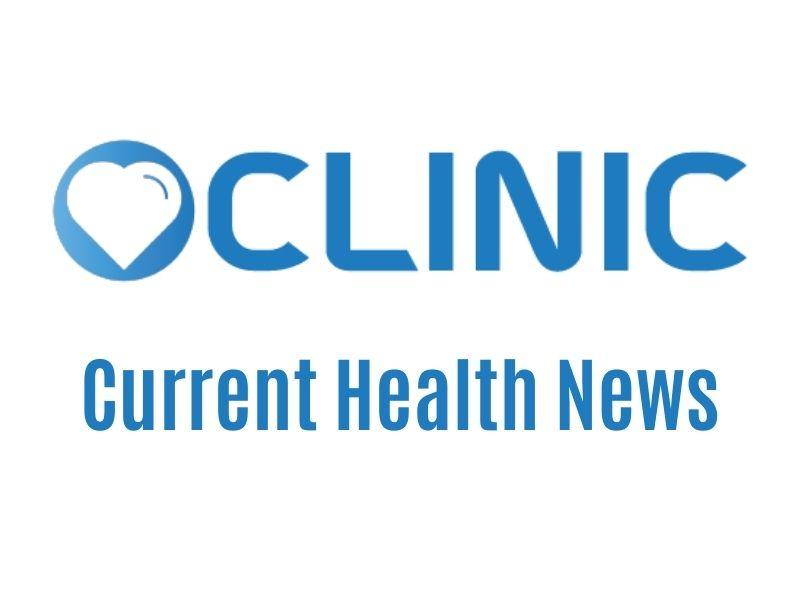What is Hashimoto’s disease? Hashimoto’s disease, inflammation of the thyroid gland, or “Hashimoto’s thyroiditis” as it is called in medicine, occurs as a result of a disorder of the immune system. The most important cause of thyroid gland insufficiency is Hashimoto’s thyroiditis. Hashimoto’s thyroiditis is one of the diseases we call autoimmune diseases.
Autoimmune disease What is the disease? Our body perceives its own tissue as foreign tissue and wants to destroy it, and a war occurs within the body. In Hashimoto’s thyroiditis, “autoimmune events” occur in the thyroid gland, so they destroy the thyroid cells, thyroid hormone production decreases, there are no cells to produce thyroid hormone over time, as a result, thyroid hormone failure, as it is called in medical language, “hypothyroidism” develops. that is, there is a “goiter”. During this period, patients consult a doctor because of the enlargement of the thyroid gland. However, over the years, the thyroid shrinks due to the progression of the destruction of the thyroid gland
At what ages is Hashimoto’s thyroiditis common? Hashimoto’s thyroiditis occurs in 2% of the population and 95% of its patients are women. It is 15-20 times more common in women than men. Although the disease is seen in all age groups, it is more common between the ages of 30-50.
Causes. Hashimoto’s disease is a genetically inherited disease. In other words, it is common in several members of the same family, especially in first-degree relatives. For this reason, if a person has Hashimoto’s thyroiditis, it should be investigated whether other members of the family also have the disease.
With which complaints do patients apply to the doctor? These patients usually apply to the doctor due to the enlargement of the thyroid gland, that is, goiter, or due to complaints such as weakness, exhaustion, swelling of the hands and face, drowsiness, dryness of the skin, deepening of the voice, and constipation caused by thyroid hormone deficiency (hypothyroidism). There is no pain or tenderness in the thyroid gland, usually the enlargement of the thyroid gland is silent.
What examinations should be done to diagnose the disease? When Hashimoto’s thyroiditis is suspected, free T4 (FT4), free T3 (FT3) and TSH hormones together with anti-TPO antibody should be checked. Because, although FT4, FT3 and TSH levels were found to be normal in approximately 80% of the patients when diagnosed, hormone production in the thyroid gland began to decrease. Anti-TPO antibodies are diagnostic for Hashimoto’s thyroiditis. It is found to be elevated in approximately 95% of patients.
Should medication be used for its treatment? Unfortunately, there is no treatment that will eliminate Hashimoto type thyroid inflammation or completely eliminate the disease. If there is goiter or thyroid gland insufficiency (hypothyroidism), it should be treated. Hypothyroidism is especially important for women of childbearing age. Because the menstrual cycle may be disrupted, the probability of getting pregnant may decrease or the risk of miscarriage may increase. In addition, the pregnancy of a woman with hypothyroidism may pose a significant danger to the baby.
Thyroid hormone (L-thyroxine) is used in the treatment of the disease. The effectiveness of the treatment is evaluated by performing thyroid hormone tests (serum TSH) at regular intervals. Treatment is continued for life, especially in people with hypothyroidism or severely reduced thyroid gland. Even without hypothyroidism, patients with goiter benefit from thyroid hormone treatment, that is, the enlarged thyroid gland shrinks with the treatment applied.
Medications used in treatment should be taken in the morning on an empty stomach (20-30 minutes before breakfast if possible). Because the absorption of the drug taken on an empty stomach is better and its effectiveness is higher.
Women who have been diagnosed with Hashimoto’s thyroiditis before pregnancy should consult their doctor about medication when they think about becoming pregnant. Because whether the dose of thyroid hormone drugs used before pregnancy is sufficient should be evaluated. When they become pregnant, it is necessary to continue the thyroid hormone treatment without interruption and even increase the dose of the drug, since the need for thyroid hormone will increase in the later stages of pregnancy. In short, thyroid hormone drugs used for the treatment of hypothyroidism during pregnancy do not harm the baby.

